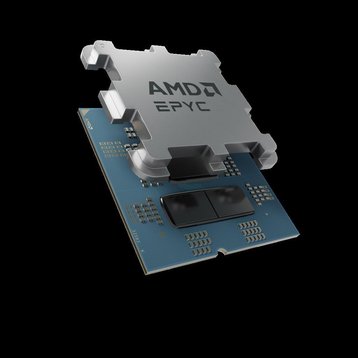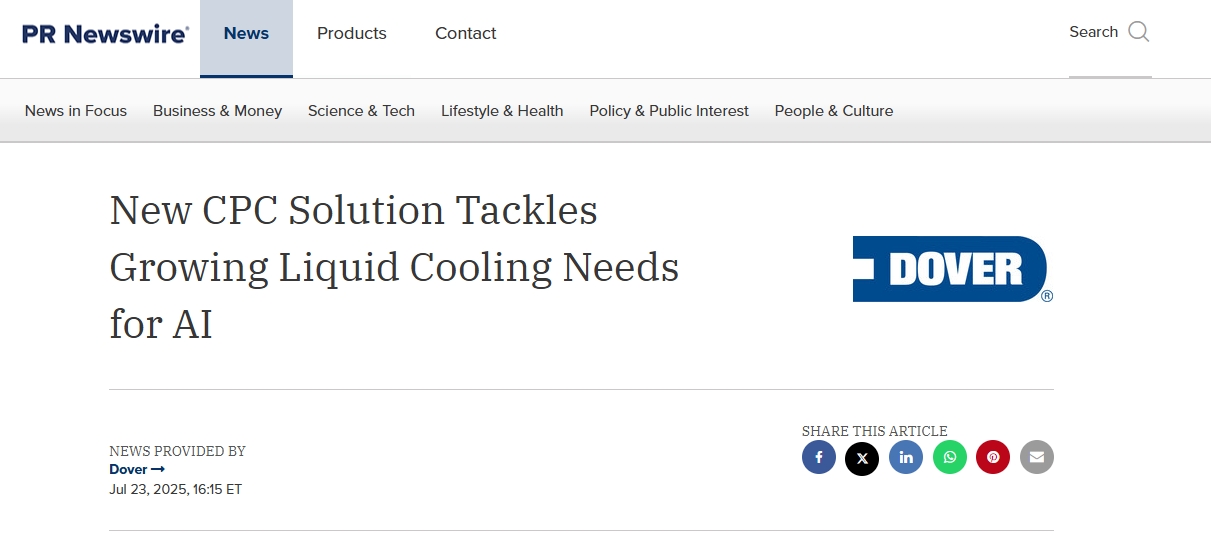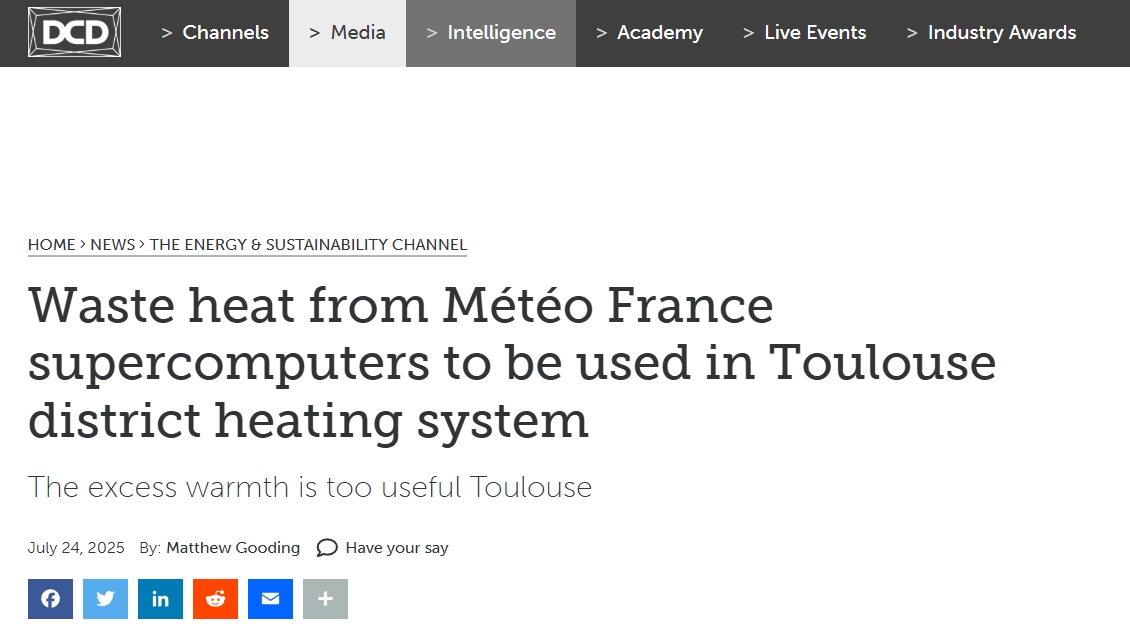CPUs offers a slimmed-down portfolio when compared to predecessors.
AMD has unveiled its Epyc 4005 processor series, designed to support a broad array of enterprise solutions.
The slimmed down product portfolio is comprised of six different offerings, with the new family of CPUs targeting use cases such as AI workloads, hosting services, and virtualized environments, AMD said.
Powered by Zen 5 architecture, the new 4005 processors are based on the same M5 socket used for the AMD Epyc 4004 series, released in May last year.
Consisting of 16 Zen 5 cores, 64MB of L3 cache memory, and with a thermal design point (TDP) of 170W, in internal tests carried out by AMD, the company said that a server running a single AMD Epyc 4565P CPU delivers a 1.8x increase in performance when compared to the Intel Xeon 6300P CPU.
The other five 4005 CPUs offer a variety of performance levels, with the Epyc 4585PX and the 4545P both also containing 16 cores. However, while 4585PX contains 128MB of L3 cache memory and has a TDP of 120W, the 4545P offers 64MB and 65W.
The rest of the product portfolio consists of the six-core, 32MB, and 65W 4245P; the eight-core, 32MB, and 65W 4345P; and the 12-core, 64MB, and 65W 4465P.
Unlike with the 4004 series, there is no four-core 16MB offering to replace the 4124P and only one eight-core offering, with a replacement for the 4364P also missing from the latest lineup.
As a result, the lowest priced CPU on offer in the 4005 portfolio is $239, $90 more than the cheapest 4004 CPU. The top-end price remains unchanged at $699.
“Growing businesses and dedicated hosters often face significant constraints around budget, complexity, and deployment timelines,” said Derek Dicker, corporate vice president, enterprise and HPC business group, AMD. “With the latest AMD Epyc 4005 Series CPUs, we are delivering the right balance of performance, simplicity, and affordability, giving our customers and system partners the ability to deploy enterprise-class solutions that solve everyday business challenges.”








